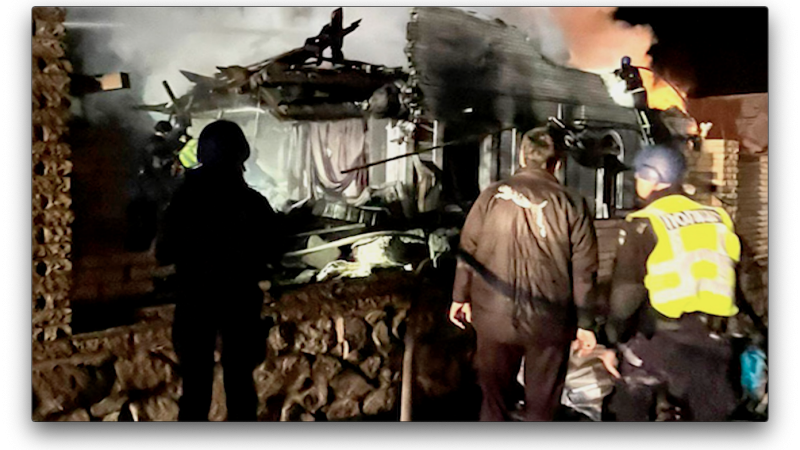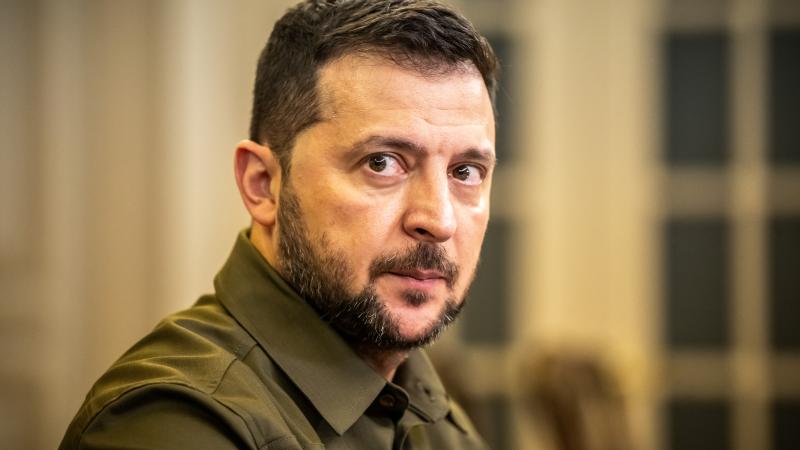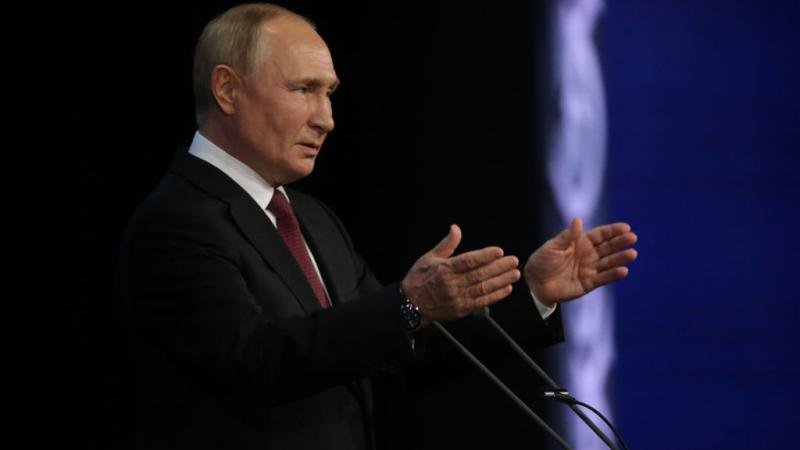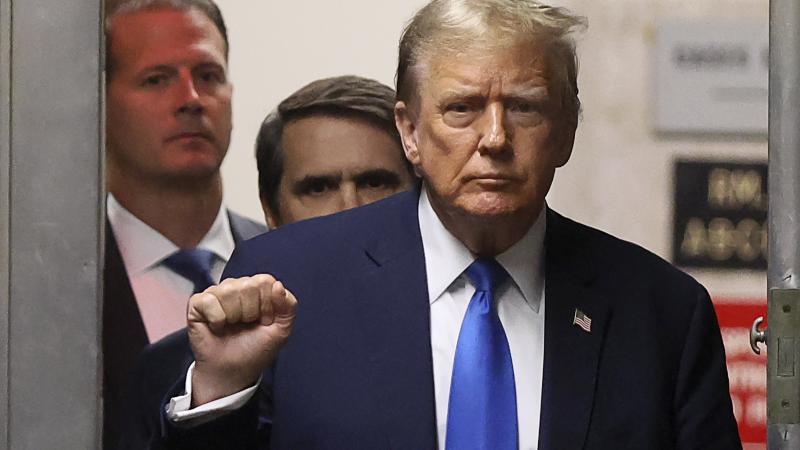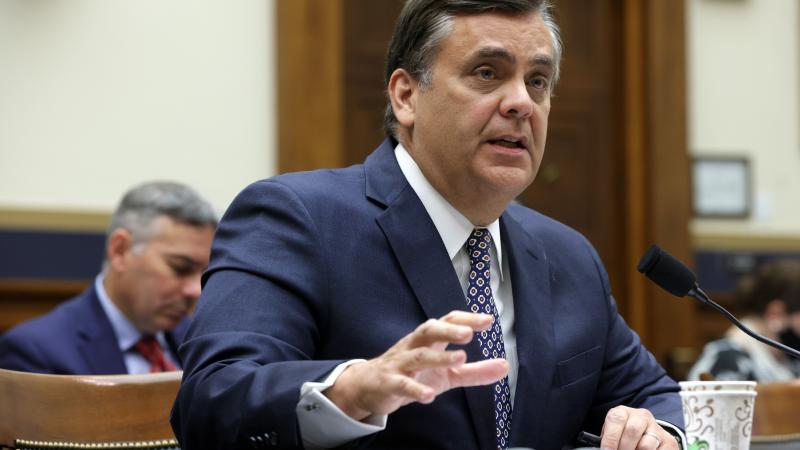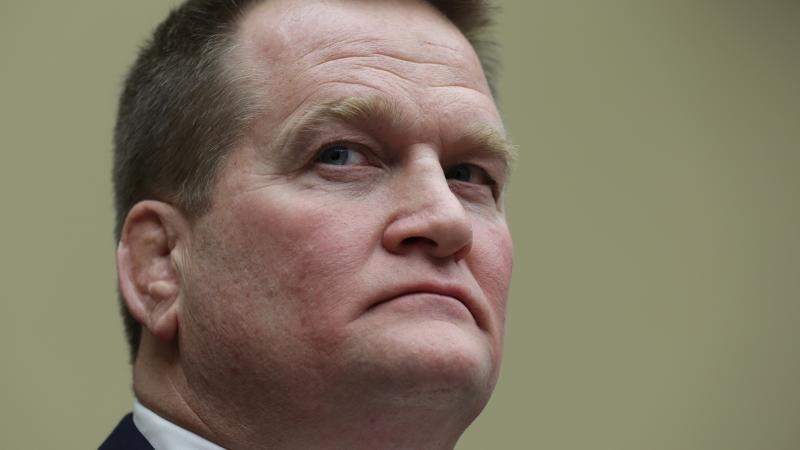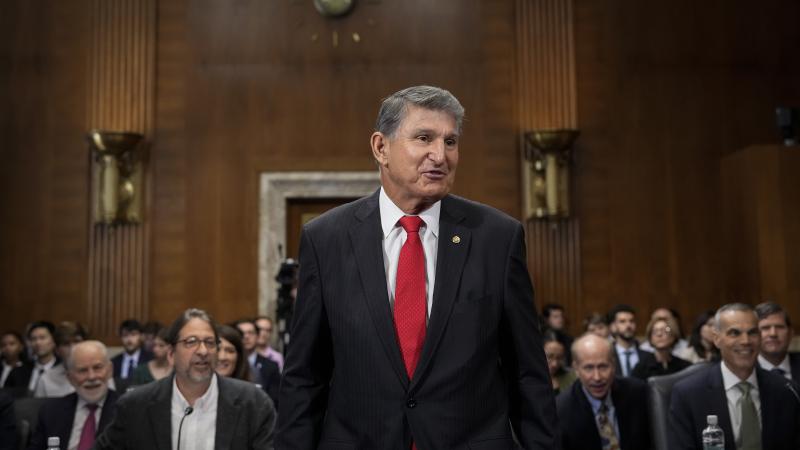New Strzok text messages show FBI warned key allegation in FISA might be false
Informer Halper captured Carter Page saying he didn’t know key Russian as alleged to court
Four days before securing a Foreign Intelligence Surveillance Act warrant targeting the Trump campaign, the FBI was alerted that Trump adviser Carter Page had denied to an undercover informer ever knowing or meeting a key senior Russian official as agents were about to allege to a court, according to a text message made public Thursday by Senate investigators.
The text message was sent Oct. 17, 2016, from an FBI employee whose name was redacted to then-Deputy Assistant Director Peter Strzok, who was leading the Crossfire Hurricane probe on the now disproven Trump-Russia collusion.
The message, released by the Senate Homeland Security and Government Affairs Committee, provides the clearest evidence to date that FBI senior leaders were alerted to a key factual discrepancy in the FISA warrant before they got it approved from the court and they did not alert the judges.
The text message in question noted that an FBI confidential human source, now known to be professor Stefan Halper, had just interacted for two hours with Page, and that the Trump adviser had specifically denied ever knowing the Russian security official Igor Diveykin.
“He outright denied knowing Deveykin,” the FBI official texted Strzok, relaying details from Halper’s undercover interaction with Page, who was identified in the text message by his FBI codename “Dragon.” The text misspelled Diveykin’s name.
You can read the text message here.
The text message provides the first public evidence of just how high up the FBI chain of command this information was relayed and establishes that the warning was received before the FBI submitted and won the first FISA warrant targeting Page on Oct. 21, 2016.
In that warrant, Strzok’s team directly alleged that Page had met Diveykin and another sanctioned Russia official named Igor Sechin, based on information the FBI received from the now-disgraced dossier author Christopher Steele.
“According to Source #1 … Diveykin … had secretly met with Page and that their agenda for the meeting included Diveykin raising on dossier or kompromat that the Kremlin possessed on Candidate #2 [Trump] and the possibility of it being to released to Candidate #1’s [Clinton's] campaign,” the FISA warrant alleged.
File
The FISA did not mention there was reason to question that Diveykin allegations based on Halper’s surreptitious interaction with Page.
The FBI’s failure to alert the FISA court to the key revelation was first included in a footnote to Justice Department Michael Horowitz’s stinging investigative report from December 2019 that exposed the FBI’s failures in the Russia collusion probe.
“The FBI did not include Carter Page’s denials of these meetings with Russian officials in its descriptions of this CHS operation in the FISA applications,” footnote 467 read.
The footnote, however, did not make clear when FBI supervisors were first alerted to the information or that it had reached Strzok – the agent in charge of the probe – four days before the FISA was issued.
Other newly released text messages from Strzok's FBI phone make clear that the agency was rushing to get the Page FISA approved before Election Day 2016 and was frustrated at the pace of the Justice Department’s review.
"Guess what? DOJ still hasn’t moved Dragon FISA past DAG,” Strzok lamented to FBI analyst Jonathan Moffa on Oct. 18, 2016, or a day after learning that Page had denied knowing Diveykin. While Dragon was Page's code, DAG referred to Obama's then-Deputy Attorney General Sally Yates.
The text messages also raise a tantalizing possibility that the FBI had opened a counter-intelligence probe on the Trump campaign's ties to Russia before the July 31, 2016, date given for the opening of the probe.
For instance, on July 28, 2016, Strzok texted FBI lawyer Lisa Page to say he wanted to discuss “our open CI investigations relating to Trump’s Russian connections.” That message was transmitted three days before the alleged opening of the case.
The 23-pages of text messages also include revelations about the controversial decision not to charge Hillary Clinton with crimes for transmitting classified emails on her private email server as secretary of state.
For instance, Strzok was told weeks after the FBI cleared Clinton of criminal wrongdoing that highly classified information at the Special Access Program level had been transmitted through her account. “SAP in HRC’s account,” Strzok was texted on Sept. 27, 2016.
A month later, Strzok was told in an Oct. 26, 2016, email the total numbers of lower classified emails the FBI had located on Clinton’s private email.
“27 confirmed classified TOTAL (26 to ClintonEmail, 1 to Yahoo): 6 of the 27 were SECRET then (4 of which remain SECRET now and 2 of which are CONFIDENTIAL) – 21 of the 27 were CONFIDENTIAL then (16 of which remain CONFIDENTIAL now and 5 of which are UNCLASS or FOUO),” the text read.

